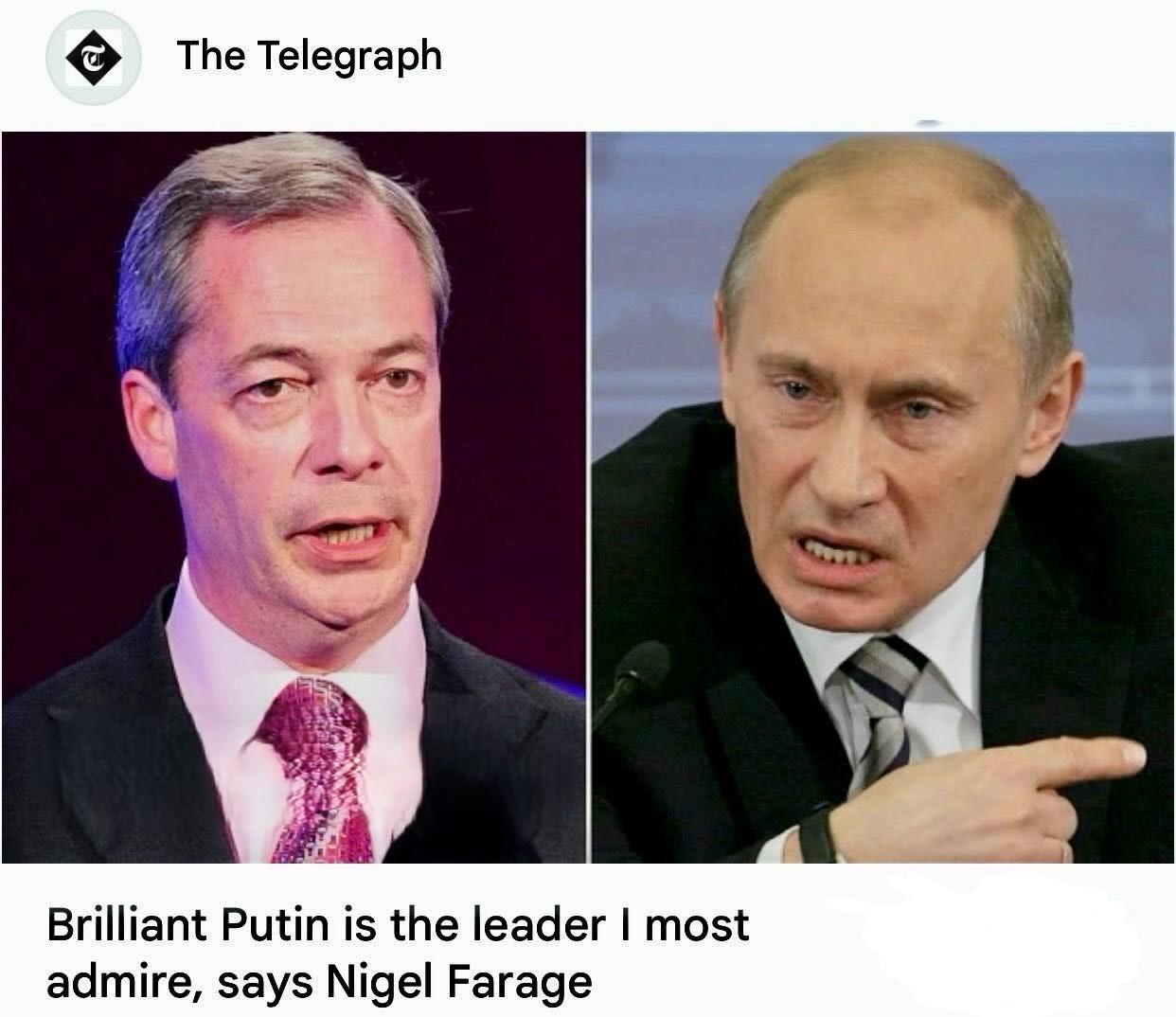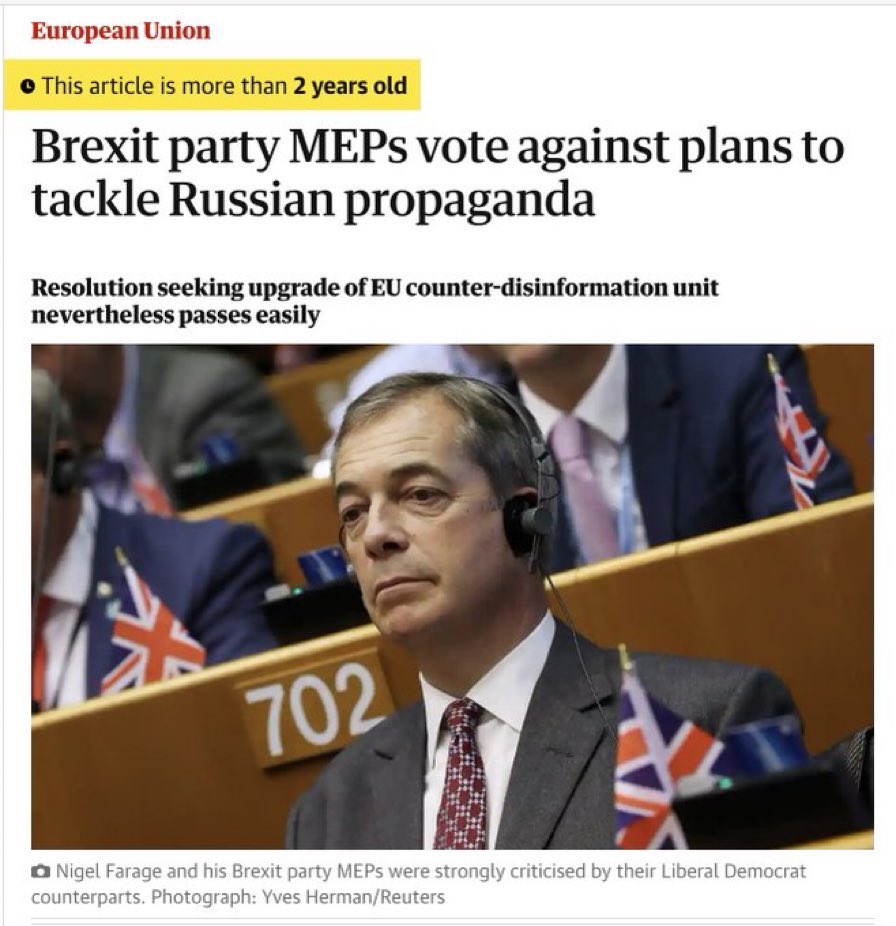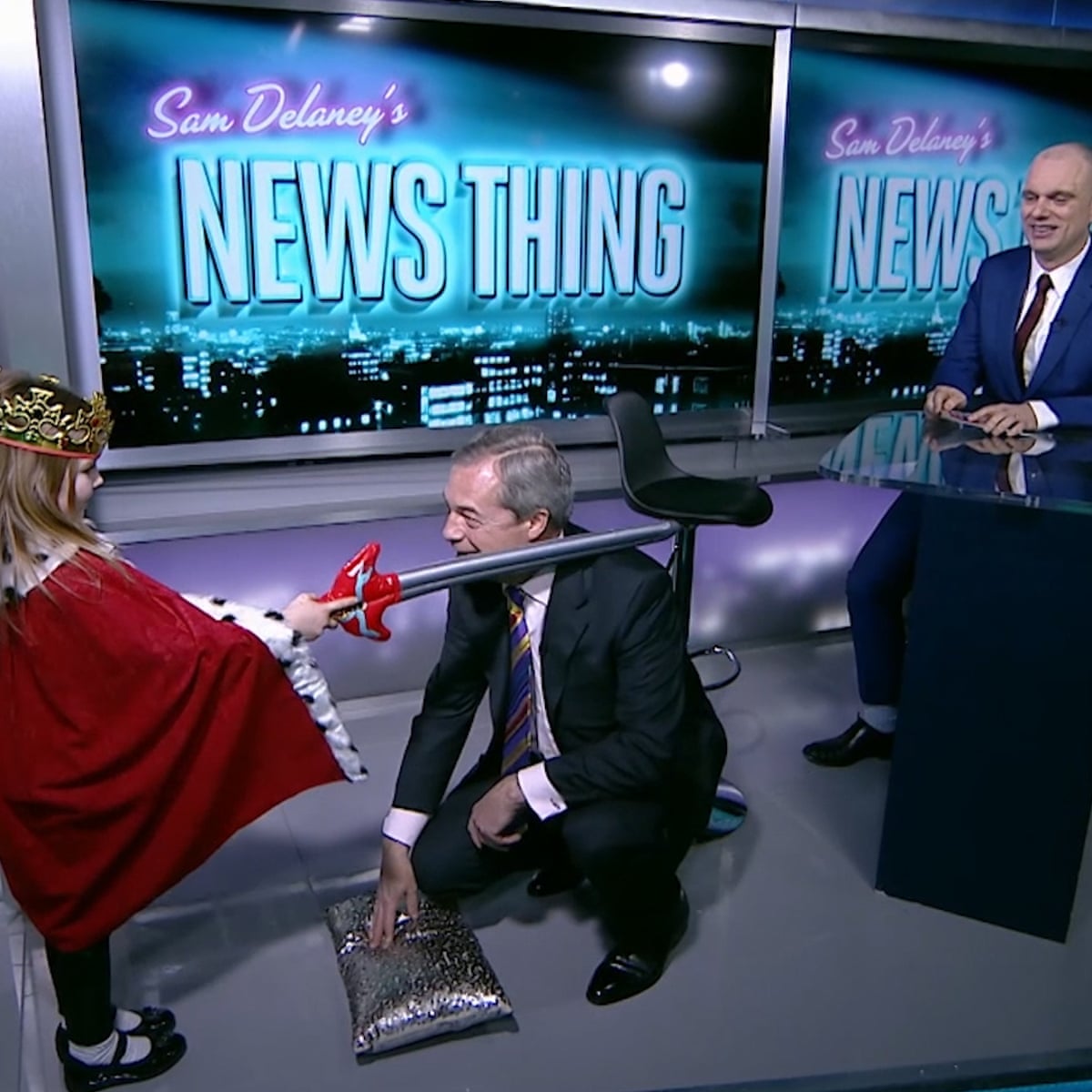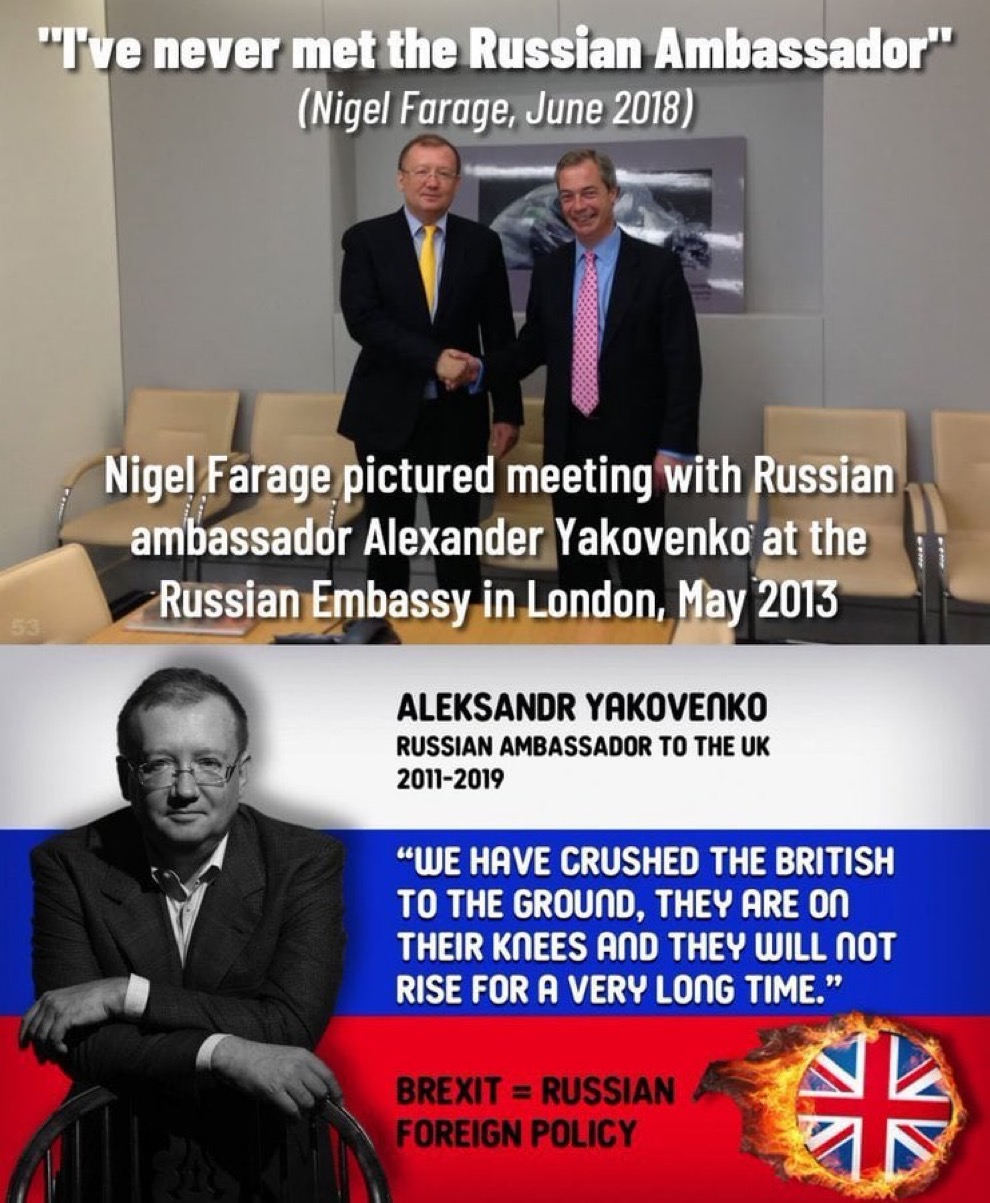}
Farage, Saint or Sinner?
"Who is Nigel Farage? Is he a Russian asset? Is he trying to create a Putin-style government in the UK? He could be the next Prime Minister, and we need to know the truth.."
WHAT WE WANT TO KNOW.
Nigel Farage is a controversial figure who could potentially become our next Prime Minister. He has publicly stated that he admires Vladimir Putin, the dictator of Russia, who is known for eliminating his opponents, often through violent means. There is considerable circumstantial evidence suggesting that Farage may have acted as an asset for Putin, contributing to his goal of dividing Europe and weakening our country.
On this website, we aim to examine the allegations against Farage and petition Parliament to conduct an investigation into his actions.
Action!
Farage admires Putin and the way he runs Russia - Putin murders anyone who crosses him even if they live here.
Is that what you want for this country? People tend to imitate those they admire.
Timeline of Political Violence and Silencing
A record of journalists, dissidents, and critics who paid the ultimate price for speaking truth to power.
| Year |
Name(s) |
Role |
Circumstances |
| 2000 |
Igor Domnikov |
Journalist (Novaya Gazeta) |
Beaten to death after reporting on corruption. |
| 2003 |
Yuri Shchekochikhin |
Investigative journalist, MP |
Died suddenly of a mysterious illness; suspected poisoning. |
| 2004 |
Paul Klebnikov |
Editor of Forbes Russia |
Shot outside his Moscow office. |
| 2006 |
Anna Politkovskaya |
Investigative journalist |
Shot in her apartment building; known critic of the Chechen war. |
| 2006 |
Alexander Litvinenko |
Ex-FSB officer, Putin critic |
Poisoned with radioactive polonium in London. |
| 2009 |
Stanislav Markelov & Anastasia Baburova |
Human rights lawyer & journalist |
Shot in Moscow after a press conference. |
| 2009 |
Natalia Estemirova |
Human rights journalist |
Abducted and murdered in Chechnya. |
| 2013 |
Mikhail Beketov |
Journalist |
Died after years of disability from a 2008 attack linked to his reporting. |
| 2015 |
Boris Nemtsov |
Former Deputy PM, opposition leader |
Shot near the Kremlin while walking home. |
| 2018 |
Salisbury Novichok Poisonings
(Sergei & Yulia Skripal, Dawn Sturgess) |
Former Russian spy, daughter, UK civilian |
Skripals poisoned with Novichok in Salisbury; both survived. Dawn Sturgess died after secondary exposure. UK blamed Russian GRU officers. |
| 2018 |
Maxim Borodin |
Investigative journalist |
Fell from his balcony after reporting on Wagner mercenaries; ruled “accidental,” widely disputed. |
| 2023 |
Yevgeny Prigozhin |
Wagner Group leader, former Kremlin ally turned critic |
Died in a plane crash two months after leading a mutiny. |
| 2024 |
Alexei Navalny |
Opposition leader |
Died in prison in the Arctic under unexplained conditions. |
Farage admires Putin and the way he runs Russia - He murders anyone who crosses him even if they live here. Is that what you want for this country?
--Why Salisbury matters
- It shows the **reach of Kremlin operations abroad**, targeting defectors and critics even outside Russia.
- The use of **Novichok**, a banned chemical weapon, highlighted the willingness to endanger civilians to send a message.
- It connects to the broader pattern of **poisonings, shootings, and “accidents”** used against opponents.
Observations
- **Pattern of violence**: Many were outspoken critics of corruption, Chechnya, or Putin himself.
- **Methods**: Shootings, poisonings, mysterious illnesses, “accidents.”
- **Accountability**: In most cases, perpetrators were never fully brought to justice, or only low-level operatives were convicted.
Farage’s Vote Against Defending Democracy: A Turning Point?
In 2019, Nigel Farage and his Brexit Party MEPs voted against a European Parliament resolution designed to counter Russian disinformation and election interference. The resolution aimed to bolster democratic safeguards across the EU. Farage dismissed it as “baseless propaganda”—but this vote marked more than just Euroscepticism. It aligned him with a broader pattern of far-right parties sympathetic to Kremlin interests.
This timeline below doesn’t prove direct collusion—but it does reveal a consistent pattern. Farage’s rhetoric and actions repeatedly echo Kremlin talking points, from praising Putin to undermining Western efforts to counter Russian aggression. When democratic institutions act to protect themselves, Farage often stands in opposition.
In an age of rising authoritarianism, we must ask: Why does Farage’s stance so often benefit the Kremlin? And what does that mean for Britain’s democratic future?
| Year |
Event |
Implication |
| 2014 |
Farage praises Putin’s leadership on Syria |
Signals admiration for authoritarian tactics |
| 2016 |
Brexit referendum amid Russian disinfo campaigns |
Messaging echoes Kremlin narratives |
| 2019 |
Votes against EU bill to counter Russian interference |
Aligns with far-right parties linked to Moscow |
| 2020–2022 |
Appears on RT (Russia Today) |
Engages with Kremlin propaganda platform |
| 2023 |
Downplays Russian threat in Ukraine conflict |
Undermines Western unity against aggression |
Farage on Russian TV
Nigel Farage and Russian State TV: A Timeline of Echoes
Between 2010 and 2017, Nigel Farage appeared on Russian state broadcaster RT at least 17 times. These weren’t accidental interviews—they were part of a sustained media relationship that amplified Kremlin narratives and undermined Western institutions.
🎭 The Mock-Knighting: Farage’s Final RT Appearance
On 3 March 2017, Farage appeared on RT’s satirical show News Thing, hosted by Sam Delaney. In a surreal segment, a young girl dressed as a monarch mock-knighted Farage “for services to Russia.”
It was meant as comedy—but the symbolism was chilling. Farage had spent years echoing Kremlin talking points. Now, Russian state media was publicly rewarding him.
📺 Farage’s RT Appearances: What Did He Say?
Across 17 known appearances, Farage consistently:
• Criticised the EU and NATO, blaming them for global instability
• Defended Russian actions in Syria and Ukraine
• Framed Western sanctions as provocative and unjust
• Praised Putin’s strategic acumen, even as Russia annexed Crimea
These interviews weren’t neutral—they were broadcast on a channel funded by the Kremlin, designed to sow distrust in Western democracies.
🧠 Why It Matters
Farage’s appearances on Russian TV weren’t just media moments—they were part of a strategic disinformation ecosystem. By legitimising Kremlin narratives, Farage helped undermine trust in democratic institutions and shift blame away from authoritarian aggression.
In an era of hybrid warfare and information manipulation, we must ask why Farage’s rhetoric so often benefits the Kremlin—and what that means for Britain’s future.
| Date |
Event |
Kremlin-Aligned Narrative |
| Dec 2010 – Mar 2017 |
Farage appears 17 times on Russia Today (RT) |
Amplifies anti-EU, anti-NATO views; praises Putin’s Syria strategy |
| Mar 2014 |
Tells GQ he “admires Putin as an operator” |
Echoes Kremlin framing of Western weakness and strategic brilliance |
| Sep 2014 |
Speech in EU Parliament blames “EU provocation” for Crimea invasion |
Mirrors Putin’s justification for annexing Ukrainian territory |
| Mar 2017 |
Mock-knighted on RT’s *News Thing* “for services to Russia” |
Symbolic endorsement of Farage’s utility to Kremlin messaging |
| 2019 |
Votes against EU resolution to counter Russian disinformation |
Dismisses democratic safeguards as “baseless propaganda” |
| Feb 2022 |
Condemns Ukraine invasion—but blames “EU/NATO expansion” |
Recycles Kremlin’s core justification for war |
| Jun 2024 |
Retweets 2014 Crimea speech approvingly |
Continues to validate Kremlin’s narrative years later |
| Oct 2025 |
Panorama interview: “We provoked this war” |
Frames Western policy as aggressor, not Putin |
In 2018, Farage stated that he had never met the Russian Ambassador.
🧨 Did Nigel Farage Help Putin Hijack Brexit?
While Britain debated its future, foreign powers plotted its fracture — and Nigel Farage stood disturbingly close to the epicentre.
Vladimir Putin’s foreign policy is no secret: destabilise Western democracies, sow division, and exploit populist movements. The Brexit referendum offered a golden opportunity — and Farage, whether knowingly or not, became a key asset in that campaign.
🕵️♂️ The Money Trail
It’s been suggested that Russian funds flowed into the Leave campaign via Arron Banks, a close ally of Farage and a major donor to Leave.EU. Banks met repeatedly with Russian officials, was offered lucrative gold deals, and maintained contact with Ambassador Alexander Yakovenko throughout the campaign. The same Yakovenko who later boasted that Russia had “crushed Britain.”
Farage, photographed with Yakovenko, denies wrongdoing. But proximity matters — and silence speaks volumes.
🧠 The Data Weapon
Cambridge Analytica, the shadowy firm behind psychological voter profiling, was approached by Banks to support Leave.EU. Their tactics — harvesting personal data, micro-targeting voters, and manipulating emotions — mirror the Kremlin’s own playbook. Whether directly coordinated or not, the overlap is chilling.
📺 The Propaganda Pipeline
Farage’s appearances on Russia Today, a Kremlin-funded outlet, amplified his message to millions. He praised Putin as the leader he most admired — while railing against the EU and British institutions. It wasn’t just rhetoric. It was alignment.
❓ The Unanswered Question
Did Farage conspire with Putin to corrupt the referendum? We may never see a signed confession. But the pattern is unmistakable:
- Russian money.
- Russian media.
- Russian data tactics.
- Russian diplomats.
- And Farage, at the centre of it all.
🚨 This Wasn’t Sovereignty. It Was Sabotage.
Farage claims to defend British independence. But his actions — and associations — suggest something darker: a man willing to echo authoritarian narratives, accept foreign support, and undermine the very democracy he claims to protect.
Farage's Reform man found guilty of taking Russian bribes
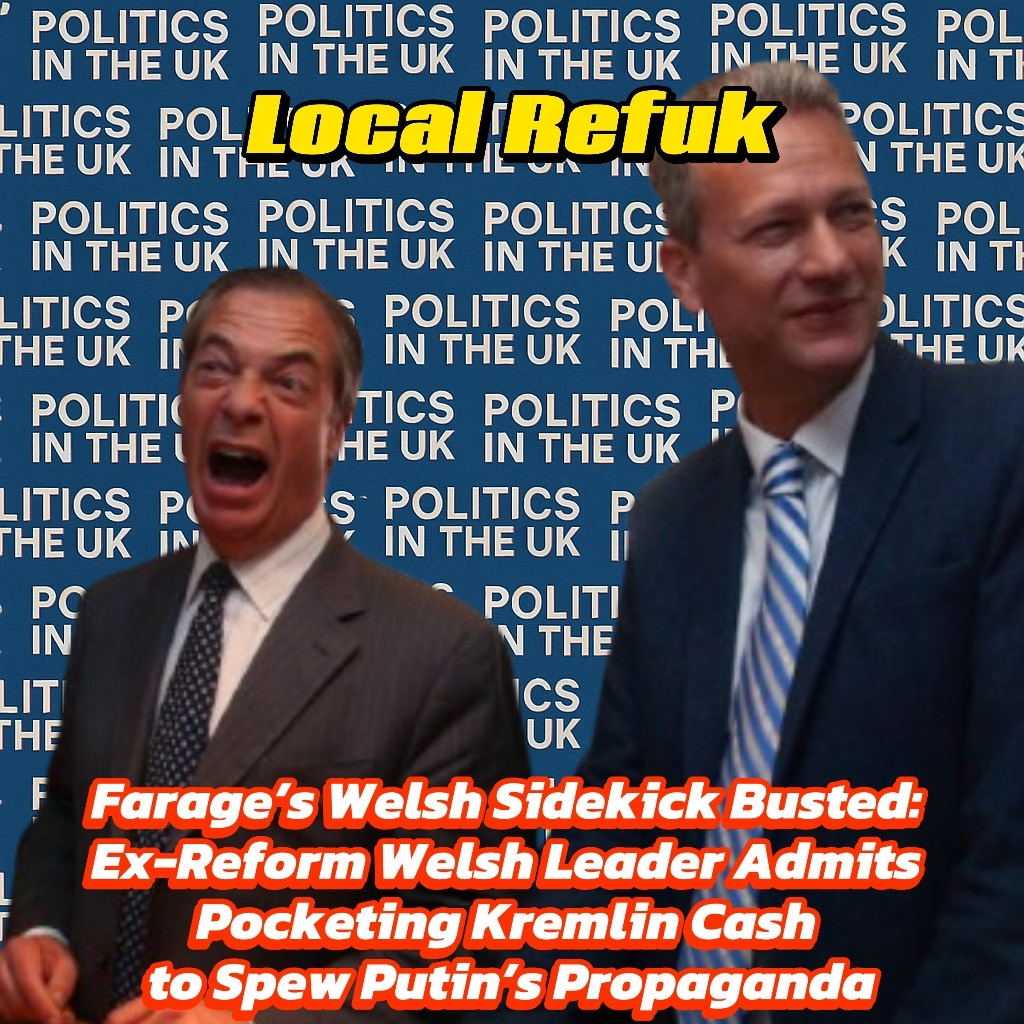
**Farage, Gill, and the Kremlin’s Shadow: Unmasking the Russian Influence in British Politics**
As Britain braces for another election cycle, the spectre of foreign interference looms large—and nowhere is it more urgent to investigate than the murky ties between Reform UK figures and Russian propaganda. The recent guilty plea of Nathan Gill, former Reform UK leader in Wales and close colleague of Nigel Farage, has reignited calls for a full-scale inquiry into Russian bribery and its corrosive influence on British democracy.
🧨 The Gill Scandal: Bribes for Kremlin Narratives
In September 2025, Nathan Gill pleaded guilty at the Old Bailey to **eight counts of bribery**. While serving as an MEP for UKIP and later the Brexit Party, Gill accepted cash payments from **Oleg Voloshyn**, a former Ukrainian official sanctioned by the U.S. for Kremlin collaboration. In exchange, Gill made statements in the European Parliament and penned op-eds parroting pro-Russian narratives—accusing Ukraine of repressing freedom and defending Putin’s aggression.
Gill’s actions were not isolated. He was tasked on **at least eight occasions** to promote Russian interests, including organizing events and facilitating interviews with Kremlin-aligned media. The bribery was uncovered when Gill was stopped at Manchester Airport under the Counter Terrorism and Border Security Act, triggering a search that revealed incriminating communications and payments.
🧠 Farage’s Role: Useful Idiot or Willful Amplifier?
While Farage has not been charged or directly implicated in Gill’s bribery case, his **long-standing admiration for Vladimir Putin**, paid appearances on **Russia Today**, and repeated **echoing of Kremlin talking points** raise serious questions.
- In 2014, Farage blamed the EU for “provoking” Putin’s invasion of Ukraine, calling Brussels the “expansionist power” while Russian tanks rolled into Donetsk.
- He retweeted that speech approvingly in 2022—*after* Russia’s full-scale invasion.
- Farage once declared Putin “the world leader I most admire,” and praised his handling of Syria, even after Assad’s chemical attacks.
Farage also campaigned alongside Gill in Wales, appearing in photos and rallies that Reform UK now scrambles to distance itself from.
🕵️♀️ Calls for Accountability
The Liberal Democrats have demanded a **new Intelligence and Security Committee (ISC) inquiry** into Russian interference, specifically targeting Reform UK and Farage’s ties. The original 2020 Russia Report concluded that **Russian meddling in UK politics is “commonplace”**, but failed to investigate the Brexit referendum or Farage’s role.
With Gill’s conviction now public, the pressure mounts to ask: *Was Farage merely a mouthpiece for Kremlin narratives, or was he knowingly complicit in a broader campaign to destabilize Western democracy?*
🧱 Why This Matters
This is not just about one corrupt politician—it’s about the **integrity of British democracy**. The Kremlin’s strategy is clear: exploit populist movements, fund sympathetic voices, and fracture alliances like the EU and NATO. Brexit was a geopolitical gift to Putin, and Farage was its most prominent salesman.
If Britain is to defend its democratic institutions, it must confront the uncomfortable truth: **Russian money and influence have seeped into the heart of our politics**, and the public deserves answers.
Farage used immigration as a weapon. Putin gave him the weapon.
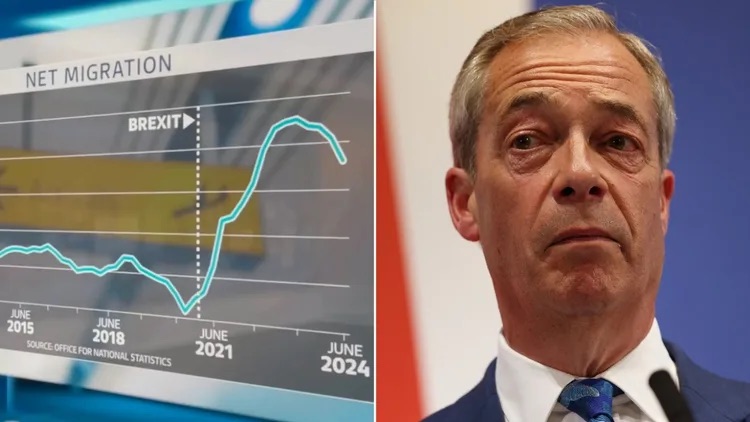
🧨 How Farage Hijacked the Refugee Crisis to Spread Fear
🔥 Context: A Crisis Weaponised
Conflicts in Iraq, Syria, and Libya displaced millions. Putin exploited this chaos, funnelling refugees through Turkey into the EU to destabilise Europe.
“Farage didn’t solve the refugee crisis. He weaponised it.”
🗳️ Farage’s Fear Campaign
In the run-up to the 2016 Referendum, Farage falsely claimed Turkey was about to join the EU—suggesting 70 million people could flood into Britain. It was a deliberate distortion designed to provoke fear.
📉 The Truth Behind the Numbers
- **2018 (pre-Brexit):** Only **299** refugees entered the UK.
- **2019 (post-Farage fearmongering):** Over **30,000** arrived.
- **Dublin Regulation:** Refugees must claim asylum in the first EU country they enter. The UK had legal grounds to return those who didn’t.
🚤 The Small Boat Problem—Created, Not Solved
Farage’s rhetoric helped manufacture the “small boat crisis.” His narrative turned desperate human journeys into political theatre—scapegoating the vulnerable to serve a divisive agenda.
🧠 Summary
Farage used Putin’s refugee destabilisation strategy to stoke fear in Britain. He lied about Turkey joining the EU, ignored legal protections, and helped create the small boat crisis. This wasn’t leadership—it was manipulation.
